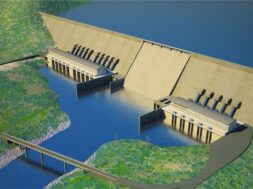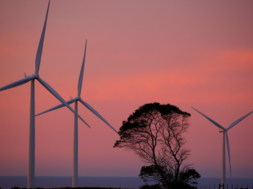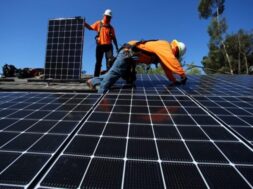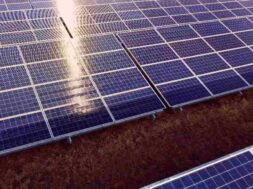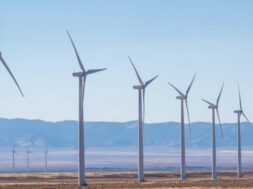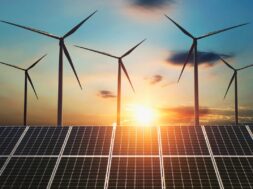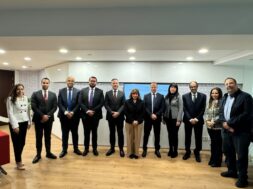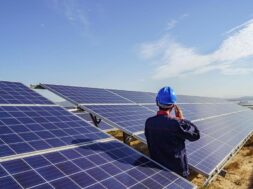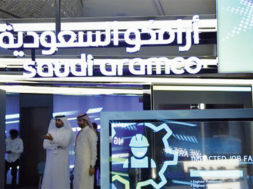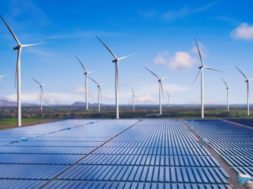
Ethiopia has generated its first electricity from the Grand Renaissance Dam in defiance of Egypt and Sudan who fear it will decrease their access to Nile water.
Ethiopia generated its first electricity from the controversial Grand Ethiopian Renaissance Dam (GERD) on Sunday, putting further pressure on negotiations with downstream stakeholders Sudan and Egypt who claim the hydropower plant will threaten their water supply.
Prime minister Abiy Ahmed officially inaugurated the $4.2bn megaproject, situated on the Blue Nile River in western Ethiopia, which began producing power from a 375 MW turbine.
Abiy said Ethiopia had reached a historic milestone with the dam, which with a total capacity of 5.15 GW is planned to more than double the electricity output of Africa’s second most-populous country.
“Ethiopia’s main interest is to bring light to 60% of the population who is suffering in darkness, to save the labour of our mothers who are carrying wood on their backs in order to get energy,” he said.
“As you can see, this water will generate energy while flowing as it previously flowed to Sudan and Egypt, unlike the rumours that say the Ethiopian people and government are damming the water to starve Egypt and Sudan.”
The unilateral move adds to a long list of failed negotiations between all three parties. The second phase of the dam was filled last July, leading former Egyptian minister of Irrigation, Mohammed Nasr Allam, to say that “what Ethiopia is doing is an aggression and a clear threat to Egyptian and Sudanese national securities”.
Now that the GERD is operational, Egypt’s foreign ministry said that Ethiopia is “persisting in its violations” of a preliminary deal signed between the three stakeholders in 2015, prohibiting any of the parties from acting unilaterally.
The first and second phases of filling the dam were both unilateral actions, the ministry said on Sunday.
Sudan issued a statement on Monday rejecting all unilateral measures in relation to the dam, saying that the first and second filling – and the consequent generation of electricity – is “incompatible with the spirit of cooperation and constitutes a fundamental breach of legal operations”.
Omer El Farouk Sayed Kamil, spokesperson for Sudan’s GERD negotiations team, affirmed the country’s commitment to reaching a legally binding agreement on the filling and operation of the dam.
2015 Khartoum agreement
The 2015 agreement, signed in Khartoum by all three parties, revolves around ten principles that lay out the objectives of the dam, how it should be used, how parties should cooperate with each other and how disputes should be settled.
“The three states will settle their conflicts emerging from the interpretation or implementation of this accord by consensus through consultations and negotiations according to the principle of good intentions,” it says.
However, disagreements continued after the deal was signed and the countries have failed to formalize a legally binding agreement, despite successive rounds of talks mediated by the World Bank and the African Union (AU).
Egyptian president Abdel Fattah al-Sisi has stressed that there must be a legally binding agreement among Ethiopia, Sudan and Egypt for the rules of dam operation and reservoir filling.
The Blue Nile contributes approximately 85% to the volume of the main Nile River, leading Egypt and Sudan, which both depend heavily on the river for agriculture and irrigation, to see the GERD as an existential threat. Ethiopia continues to insist that the dam will not affect access to water in downstream countries.
Ethiopian authorities hope that the dam can revive an economy which has been battered by a 15-month conflict in the Tigray region, rising fuel prices and the Covid-19 pandemic.
